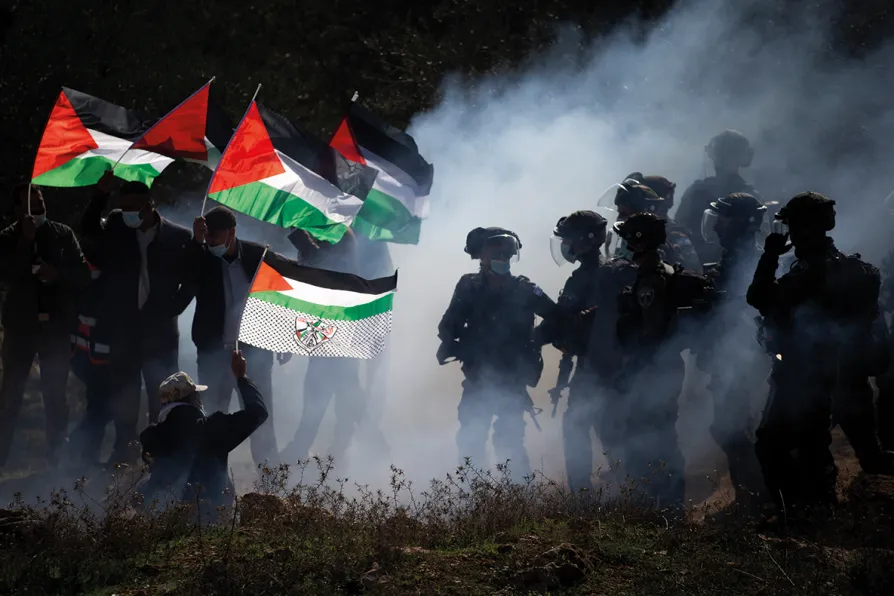As tens of thousands return to the streets for the first national Palestine march of 2026, this movement refuses to be sidelined or silenced, says PETER LEARY


UNLIKE the last Palestinian parliamentary elections in 2006, the big story, this time, was not the Fatah-Hamas rivalry. Many rounds of talks in recent months between representatives of Palestine’s two largest political parties had already sorted out much of the detail regarding the now-cancelled elections, which were scheduled to begin on May 22.
Both Fatah and Hamas have much to gain from the elections; the former relished the opportunity to restore its long-dissipated legitimacy as it has ruled over occupied Palestinians, through its dominance of the Palestinian Authority, with no democratic mandate whatsoever; Hamas, on the other hand, was desperate to break away from its long and painful isolation as exemplified in the Israeli siege on Gaza, which ironically resulted from its victory in the 2006 elections.

The intensified Israeli military operations in Gaza are an attempt by Netanyahu to project strength amid perceived political vulnerability, argues RAMZY BAROUD












